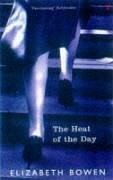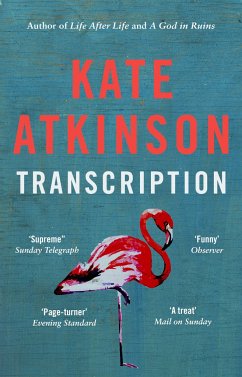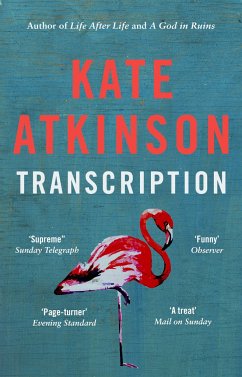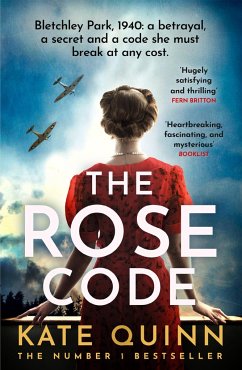
The Heat of the Day
Versandkostenfrei!
Versandfertig in 2-4 Wochen
16,99 €
inkl. MwSt.
Weitere Ausgaben:

PAYBACK Punkte
8 °P sammeln!
It is wartime London, and the carelessness of people with no future flows through the evening air. Harrison, the British intelligence agent on his trail, wants to bargain, the price for his silence being Stella herself. Caught between two men and unsure who she can trust, the flimsy structures of Stella's life begin to crumble.













